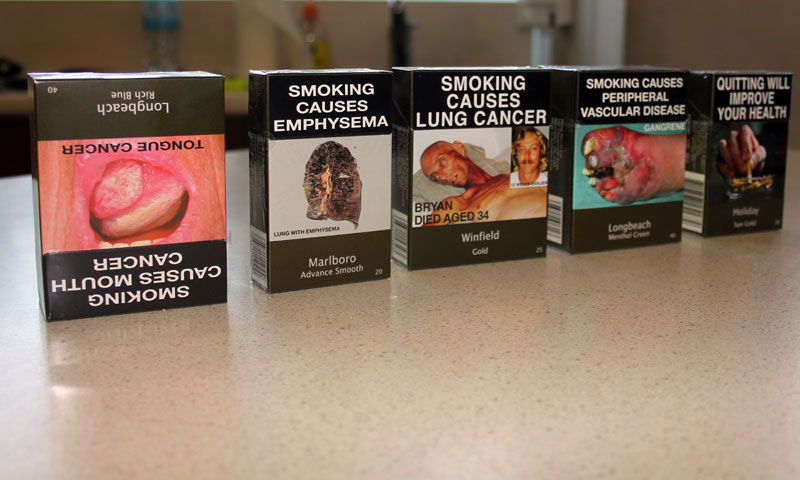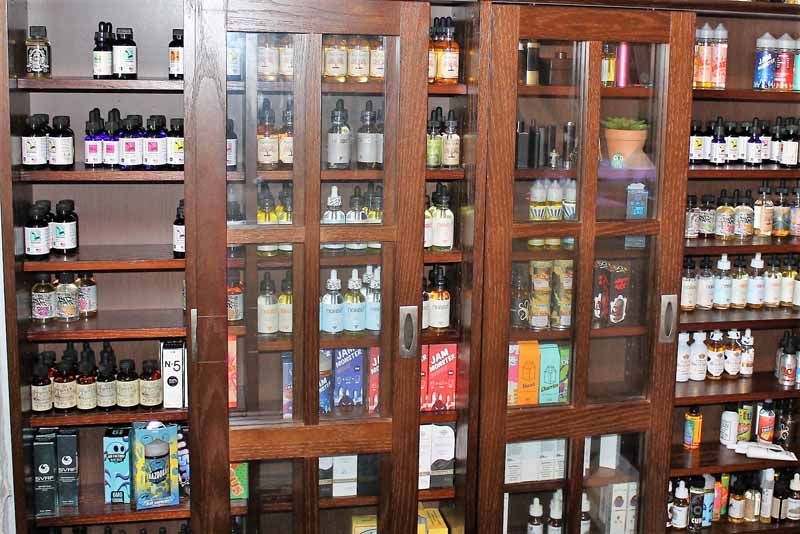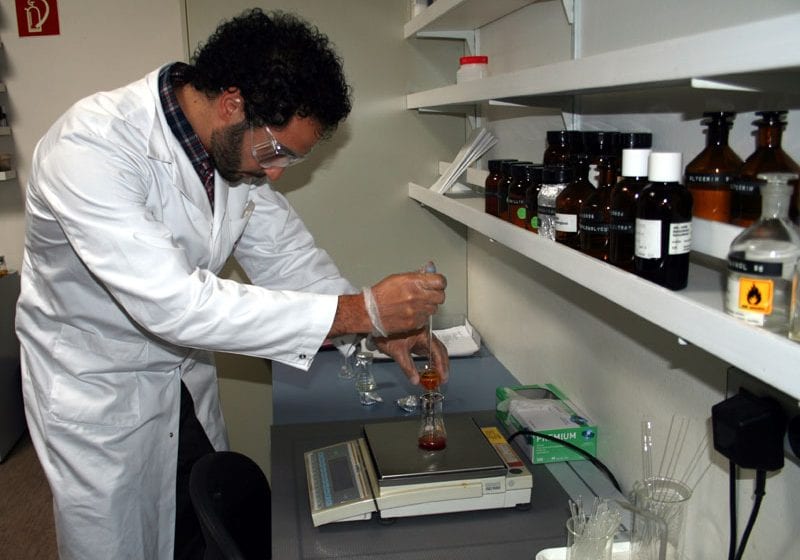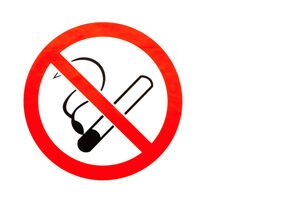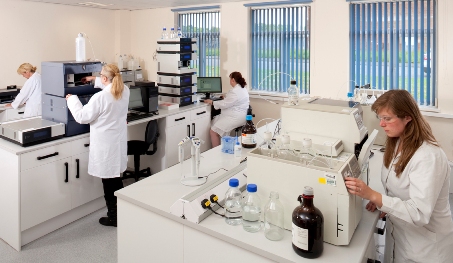The EU should rethink its ban on tobacco-products advertising because consumers need more information about how electronic cigarettes are much less harmful than are combustible cigarettes, and how the former could help them quit the latter, according to an opinion piece in the Parliament Magazine by the MEP Laima Andrikienė, who is a member of the EU Parliament’s international trade committee.
The Parliament Magazine has run a series of opinion pieces written by people advocating the imposition of e-cigarette standards, and much of Andrikienė’s piece was about the need for such standards.
She said that thousands of counterfeit products entered the EU market without any safety checks and in violation of the EU’s trade rules. These included all kinds of products, from toys, electrical devices, medicines, to cosmetics and tobacco.
Tobacco producers, she said, faced significant problems regarding the illegal trade. Novel tobacco products and e-cigarettes differed from conventional tobacco products in many ways, and there were many new products available on the market.
‘In general, a large variety of similar products is a good thing for consumers, but it is important to know if regulators are prepared for this level of complexity,’ she said. ‘What we know for sure is that there is no compliance structure in place at EU level.’
Andrikienė said that protecting consumers and ensuring products were safe – particularly those brought in from third countries – remained problematic and required urgent attention at EU level.
Safety started with standards, she said, and the European committee for standardisation was working on the issue. However, the process of standardisation was slow and further efforts by all EU member states were needed.
Category: Regulation

Call for e-cig standards

Bill ropes in vaping
In South Africa, a proposed new tobacco-products bill would extend the government’s regulatory reach to cover vaping, according to a story in The Business Day.
The Health Minister Aaron Motsoaledi on Wednesday published what the newspaper described as ‘the long-awaited’ Control of Tobacco Products and Electronic Delivery Systems Bill. The Bill, which was passed by the Cabinet last month, is subject to a three-month public-comment period.
The Bill is said to pave the way for much stricter tobacco laws than previously applied and for bringing e-cigarettes into the regulatory fold.
In the preamble to the bill, the minister said strong action was required to deter people from using tobacco products, to protect non-smokers from exposure to tobacco smoke and to encourage existing users to quit.
Electronic delivery devices were to be regulated because they contained nicotine and the long-term effects of their use was unknown, he said.
Key proposals in the bill include a ban on vending machines, the introduction of standardized packaging and graphic health warnings, much tighter control on smoking in public places, and regulation of electronic delivery devices.
The Tobacco, Alcohol and Gambling Advisory Advocacy and Action Group’s executive director Peter Ucko said the bill was long overdue.
“This bill should have been published in 2010 or 2011,” he said. “Many people have died because it wasn’t.”
Ucko said the language of the bill needed to be tightened up to close loopholes that would enable the industry to undermine the government’s efforts.
But the Tobacco Institute of Southern Africa’s chairman Francois van der Merwe said the bill went too far. It would render SA a “counterfeiter’s paradise” and increase the sale of illicit cigarettes.
“There is no urgency for this bill,” Van der Merwe said. “It is a cut-and-paste job from Geneva, instead of developing regulation that can work [in SA].”
Appeal package
Ujal Singh Bhatia, chairman of the World Trade Organization’s appellate body, has said he expects Cuba, the Dominican Republic, Honduras and Indonesia to appeal against the WTO’s yet-to-be-publicized ruling on Australia’s law on standardized tobacco packaging, according to a Bloomberg story relayed by the TMA.
The ruling will apparently say that the law was a legitimate public health measure and did not constitute an illegal barrier to trade.
Bhatia said once an appeal was triggered, the WTO appellate body was required to consider the matter and issue a ruling within 90 days.
However, he added that the timeline might be extended because of the complexity of the dispute and a shortage of panelists in the WTO’s appellate system.
The countries alleged that the measure imposed ‘unfair’ restrictions on the use of trademarks, geographical indications and other markings in violation of several WTO agreements.
The WTO has yet to circulate publicly its final dispute ruling, partly because of the time required to translate the ruling.
Promoting innovation
The European Union needs to promote and protect innovation, research and development, according to MEP Fulvio Martusciello, who is a member of Parliament’s economic and monetary affairs committee.
Writing an opinion piece in the Parliament Magazine, Martusciello said that such a policy would not only send the appropriate positive signals to investors and provide the business community with a dependable space to develop successfully, it would also have a positive impact on high quality employment creation and on consumers’ satisfaction.
‘Vaping products embed significant research and development,’ he said. ‘These are highly innovative products and represent a potentially safer category for consumer use.
‘Relying on the voice of science, regulators should adapt to new developments, respect scientific advice and regulate such innovative products in an appropriate way.’
Martusciello said he was in favour of holding a parliamentary debate on how best to regulate these products in the EU and on how to ensure that appropriate EU standards were in place.
Improving the TPD
Enforcing basic safety and quality standards within the EU was critical in order to protect consumers and create a level playing field for vaping products, according to Yasuhiro Nakajima, vice president, reduced-risk products at Japan Tobacco International.
Wring a Thought Leader in the Parliament Magazine yesterday, Nakajima said the EU’s revised Tobacco Products Directive (TPD) had created a common framework that had provided the flexibility for vaping to flourish in those member states that were comfortable with it while maintaining safeguards demanded by other countries.
Yet the TPD was not perfect, he said. For instance, relying just on the TPD’s self-notification system was a high-risk approach to ensuring quality.
‘Enforcing basic safety and quality standards is critical in order to protect consumers and create a level playing field for vaping products,’ he said. ‘To not do so would only benefit the unscrupulous.’
The notification problem, Nakajima said, had been compounded by another unintended consequence of TPD rules on e-cigarettes: the fast-growing short-fill e-liquid market. Consumers wanted bigger refill bottles than the TPD allowed. ‘The result is them topping up unregulated non-nicotine bottles with regulated nicotine shots,’ he said. ‘Do health officials know what is in those non-nicotine liquids? No – and this needs to change.’
A final challenge was consumer ignorance on the scientific consensus on vaping’s reduced-risk potential, he said. Public health officials were concerned about the growing gap between what scientists say and what the public believes.
‘The easy solution would be for the European Commission to pass the problem onto manufacturers,’ he said. ‘We could help close the gap if we were allowed to communicate science-based messages to adult consumers.
‘Amendments to the EU rule book should be built on the expert view that vaping products are very different to combustible ones and therefore warrant an entirely different, and more liberal, consumer communication framework.’
Smoking ban takes off
A ban on smoking and vaping came into effect at the Václav Havel Airport, Prague, Czech Republic, yesterday, according to a Radio Prague story.
Smoking rooms in the facility’s transit areas have been closed.
However, 14 areas near entrances to the airport’s buildings have been reserved for smokers and, presumably, vapers.
It wasn’t clear from the story what had been the status of vaping previously – whether it had been generally allowed or confined to the smoking areas – but it is now the case that no distinction is made between smoking and vaping.
The airport’s operator said it expected the number of smoke-free airports to grow and wished to get on board with the healthy trend.
Preconceived flavors
South Korea’s Ministry of Health and Welfare has revealed plans to regulate the flavoring of cigarettes, according to a story in The Korea Bizwire.
The Ministry says it will be working alongside other ministries, such as the Ministry of Strategy and Finance and the Ministry of Food and Drug Safety, to pass three bills that would ban or limit flavored cigarettes.
According to the Korea Centers for Disease Control and Prevention, a study of cigarettes carried out by Professor Shin Hosang of Kongju National University in 2016 and 2017 had shown that they contained between two and 28 flavorings.
Meanwhile, professor Kim Huijin, of Yonsei University, reportedly said that 65 percent of 9,063 people between the ages of 13 to 39 who participated in an online survey consumed flavored cigarettes.
Those whose first cigarettes were flavored were said to be 1.4 times more likely to become regular smokers than those who started with cigarettes with no added flavors.
And more than 70 percent of smokers were said to have indicated that the flavor of their cigarettes of choice was an influential factor in trying them for the first time.
The story said that menthol, one of the ingredients used to produce a minty flavor, was known to numb the nerves and minimize the stimulation that users felt when inhaling smoke.
‘As smokers inhale other dangerous substances in cigarettes such as nicotine, the chances of becoming addicted and being exposed to cancer escalates,’ the story said. ‘Theobromine, an ingredient found in cocoa, expands the bronchus allowing nicotine to be absorbed in the lungs.’
Grime and punishment
The citizens of Nairobi, Kenya, are being threatened with dire consequences, including jail, if they discard cigarette butts and other waste materials carelessly, according to a story in The Nairobi News.
In a new directive announced by Nairobi County Environment CEC Larry Wambua, littering the streets will attract a fine of up to Sh5,000 or a six-months jail term.
Wambua said the move was aimed at enforcing waste management laws in the city.
He said that, in addition, people who failed to demonstrate where they had been disposing of their waste would also be ‘taken to task’.
“We will need to know if you are giving waste to the registered companies,” he said. “If you fail to show us, it will attract a fine of Sh100,000 or one year in jail,” he said.
Cantonal smoking ban
The canton of Ticino is due on Thursday to become the first in Switzerland to ban tobacco smoking in public places, according to a Swiss Radio International story.
Several other cantons are considering whether to follow suit, and a nation-wide ban has been mooted.
The citizens of Ticino decided to follow neighboring Italy’s lead and voted overwhelmingly in favor of banning smoking in bars restaurants and discos.
However, the local authorities announced this week that the cantonal parliament had decided to extend the ban to cover administrative buildings, schools, shopping centers, museums and public transport.
The full story is at: https://www.swissinfo.ch/eng/ticino-tightens-the-screws-on-smokers/5829766.
Secretive science deposed
The US Environmental Protection Agency (EPA) administrator, Scott Pruitt, has signed a proposed rule to strengthen the science used in regulations issued by the EPA.
According to an EPA press note, the rule will ensure that the ‘regulatory science underlying Agency actions’ is fully transparent, and that underlying scientific information is publicly available in a manner sufficient for independent validation.
“The era of secret science at EPA is coming to an end,” said Pruitt. “The ability to test, authenticate, and reproduce scientific findings is vital for the integrity of rulemaking process. Americans deserve to assess the legitimacy of the science underpinning EPA decisions that may impact their lives.”
‘This proposed rule is in line with the scientific community’s moves toward increased data sharing to address the “replication crisis” – a growing recognition that a significant proportion of published research may not be reproducible,’ the note said.
‘The proposal is consistent with data access requirements for major scientific journals like Science, Nature, and Proceedings of the National Academy of Sciences as well as recommendations from the Bipartisan Policy Center’s Science for Policy Project and the Administrative Conference of the United States’ Science in the Administrative Process Project.’
The proposed rule is said to build upon President Donald Trump’s executive orders on regulatory reform and energy independence.
Meanwhile, the House Science, Space, and Technology Committee chairman, Lamar Smith, said that Pruitt’s announcement ensured that data would be secret no more.
“For too long, the EPA has issued rules and regulations based on data that has been withheld from the American people,” he said. “It’s likely that in the past, the data did not justify all regulations. Today, Administrator Pruitt rightfully is changing business as usual and putting a stop to hidden agendas.”



